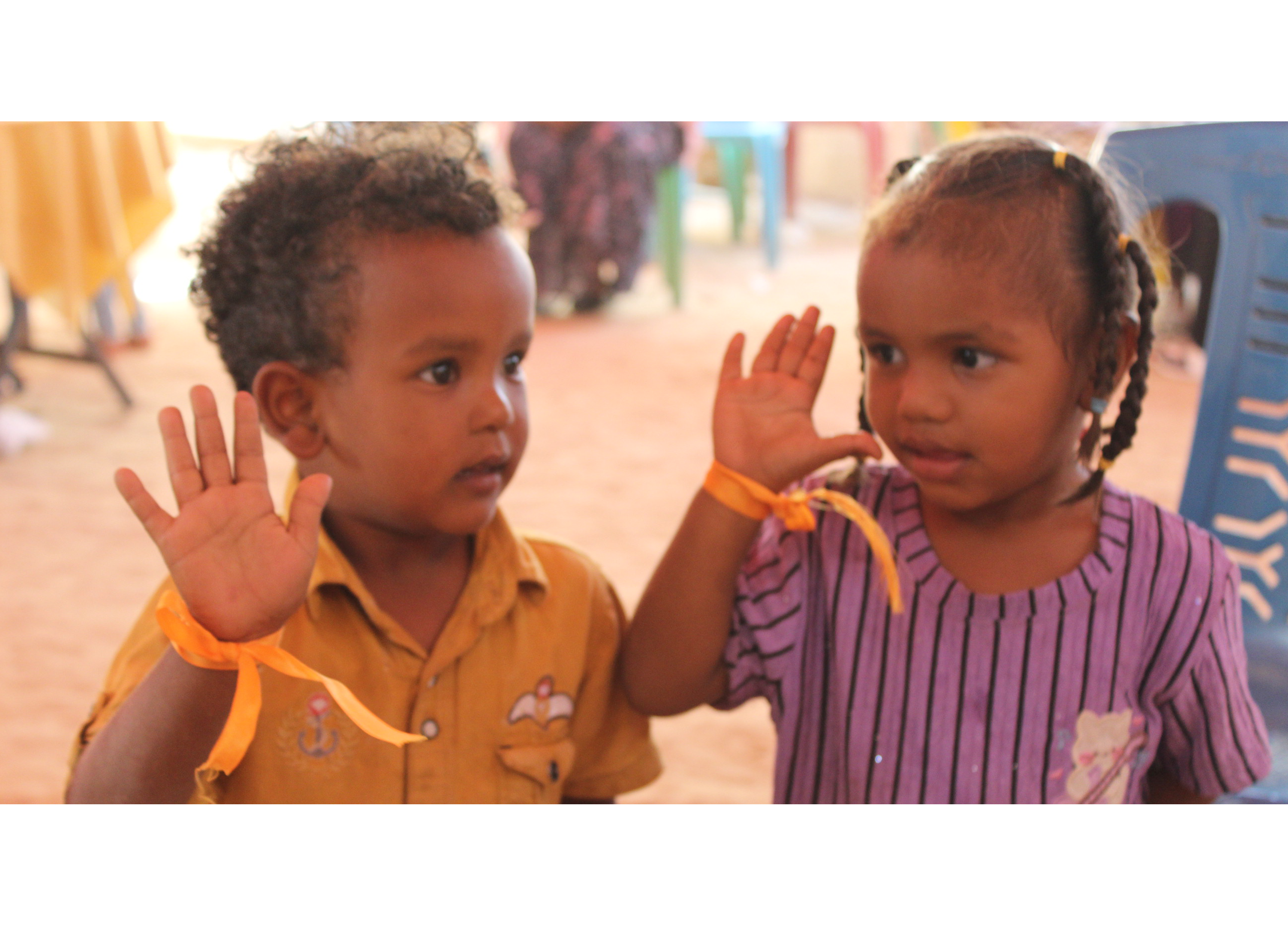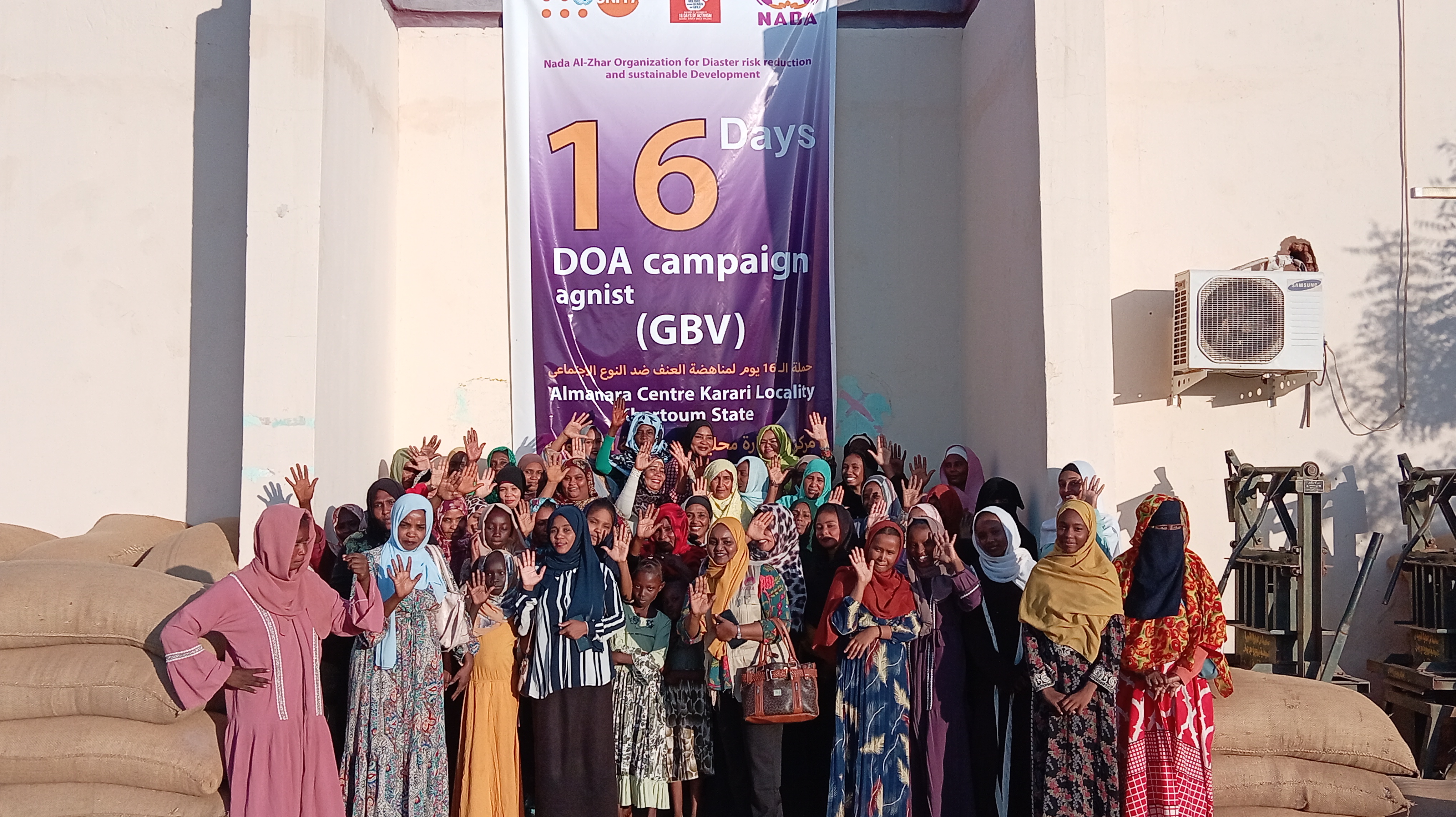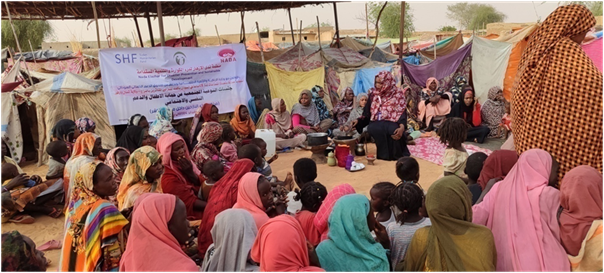- Nada Elazhar
- Nada Elazhar for Disaster Prevention and Sustainable Development (NADA) We protect human Dignity and saving lives
- +249123228852


NADA is protection oriented organized with child, women and persons with special needs (PSNs) focused. We are responsible for making remarkable difference to impact and strengthen the life of every child, women and PSNs to live better life through providing committed protection, high quality education, safe water, health, nutrition ,ending GBV, psychosocial and counseling services, reintegration, capacity building , peace building and livelihood opportunities to make sure that every one has a chance to grow in a safe environment to become effective community member in the future.
NADA maintained a considerable attention to internally Displaced People (IDPs) , people on move , asylum seekers and refugees, the majority of which are children and women. NADA is premier organization for inspiring and preparing young people to become successful, contributing members of the society.


NADA has its head quarter office in Port Sudan and 7 sub-offices in AlGezeria, Central Darfur , Khartoum , North Darfur , Northern , River Nile. and White Nile States.